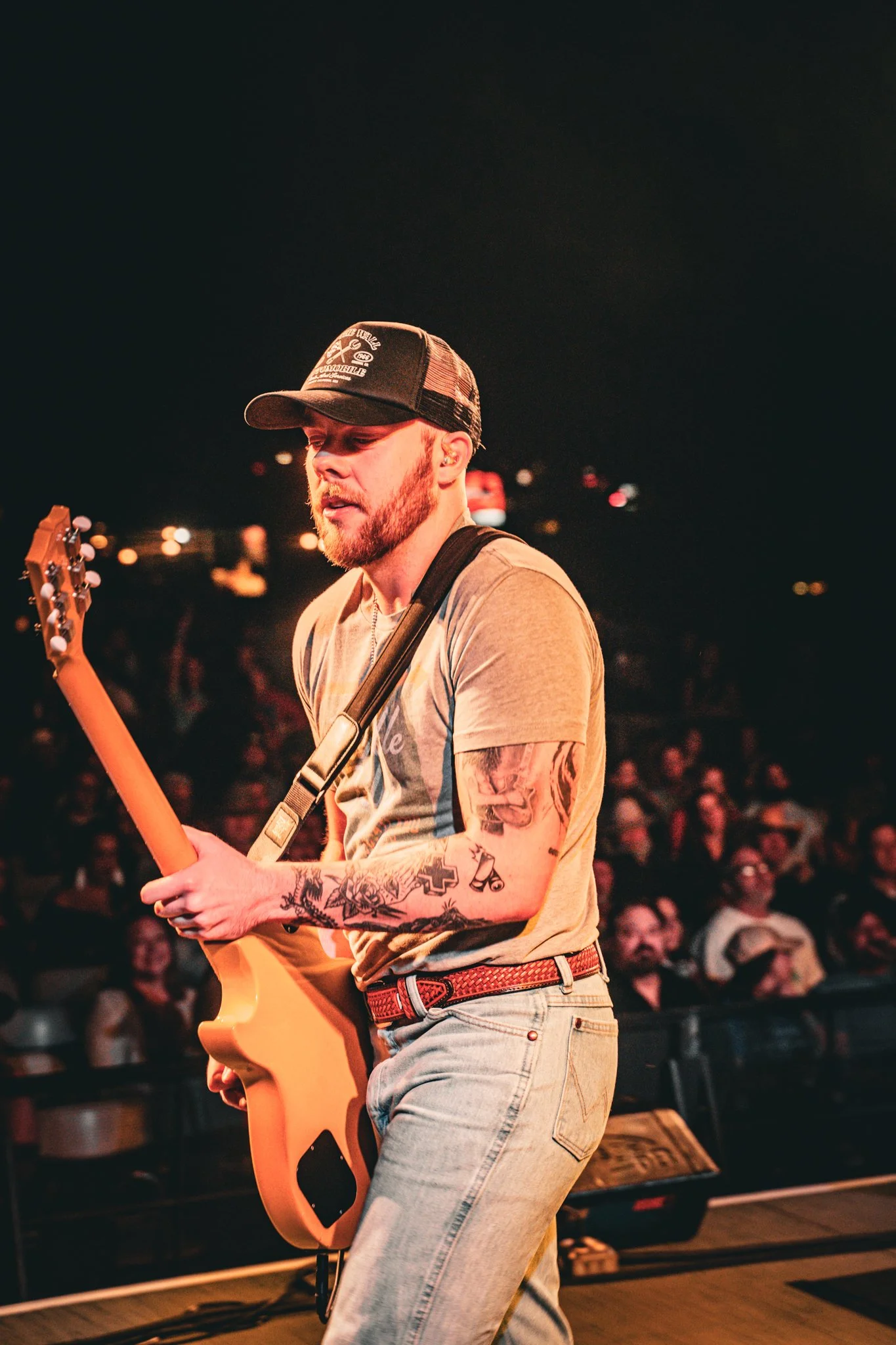My favorite acoustic guitarist is by far and away Tommy Emmanuel. He performs live 320+ times per year all over the world.. every year for decades. I’ll include a link to some of his work if you’re not familiar with him yet. (Careful, once you watch one you’ll be hooked!)
Anyway, he’s an amazing musician and human being. I know the latter because I’ve met him in person many times during “guitar workshops” that he does prior to his performances in various cities. These workshops are by reservation/ticket only, and it usually ends up being between 12 and 24 of us, all with our guitars, on the stage he’ll be performing on that night. We get to ask questions. He gives a couple guitar lessons and we all get to jam together with Tommy. It’s incredible!
After attending a number of these I felt comfortable asking him a question: “Tommy, it’s just you and your guitar on stage for 3 hours solid of guitar wizardry and… it’s FLAWLESS. How do you do that??”
His response: “I make a mistake in every song I play, you just never know it”.
My thoughts about this response: If the greatest guitar player that has ever lived says mistakes are unavoidable then by definition, mistakes don’t actually exist, at least not in the context that we often subject ourselves to as musicians. Here’s what I mean…
What the most skilled musicians do during their practice is consider these “mistakes” to actually be “unintended deviance", or “departure” from the original performance plan. For example, I MEANT to play a certain note on my instrument and actually ended up “unintentionally” playing a different note. Well, how do we handle that like a pro?
If you catalog, in advance, the kinds of “unintended” things that can happen during practice and performance that would otherwise be considered a “mistake”, you’d end up with a short list like this (an example for guitar players but it works with all instruments including voice):
Circumstances:
* I am on the wrong fret or played a “sour note” outside the key of the song
I forgot my place in the song
I meant to make a sound and DIDN’T
I didn’t mean to make a sound and I DID
The quality of the note (string buzz, etc.)
Next step is to simple plan (WRITE IT DOWN) that you will put into your mind when you begin your practice. Have these notes in front of you at first until you have the plan memorized. The plan consists of a circumstance and a response. The response is the action (or lack of action) that you decide ahead of time you’ll take immediately following the circumstance. Below is an example circumstance/response plan that a guitarist might employ, but it’s the same process for all instruments.
Circumstance:
- I am on the wrong fret or played a “sour note” outside the key of the song
Response:
- Emphasize or repeat the note then bend up or slide down to the originally intended note.
Circumstance:
- I forgot my place in the song
Response:
STOP PLAYING. SMILE. Now collect myself and listen to the chord progression and lyrics to get re-oriented and then come in at the beginning of the next phrase, verse, chorus etc. SMILE AGAIN AND NOD!
...you get the picture. (Btw, the last time I did this in a live performance it actually prompted the compliment “hey that thing you did there in the solo… that was so cool!”
The point is to recover from an unintended circumstance in a MUSICAL way, further contributing to the overall art and organic beauty of music, especially live music.
Grace-notes have a place. Semi-sloppy playing has its place. Just listen to Jimmy Page, one of the greatest rock stars ever.
Summary:
What this means to me is that when “mistakes’ happen during practice or rehearsal I treat them as OPPORTUNITIES to practice this ARTFUL and PURPOSEFUL recovery, and actually embrace and look forward to these opportunities to refine this essential skill.
Once you get into the habit of repeatedly doing this not only will you’re playing be more expressive and you’ll begin to develop your own style as a result, but you’ll also be WAY more confident playing in front of people because you’ve worked out IN ADVANCE what you’re going to do when (not IF) an unintended circumstance presents itself as an opportunity.
You’ll be confident that you are prepared and you won’t fear “mistakes” because you have come to realize they may not exist in the first place.
- Stay tuned!
Tommy on YouTube:
https://www.youtube.com/watch?v=nW9rmaGaaG4
Tommy's tour dates and official website:

